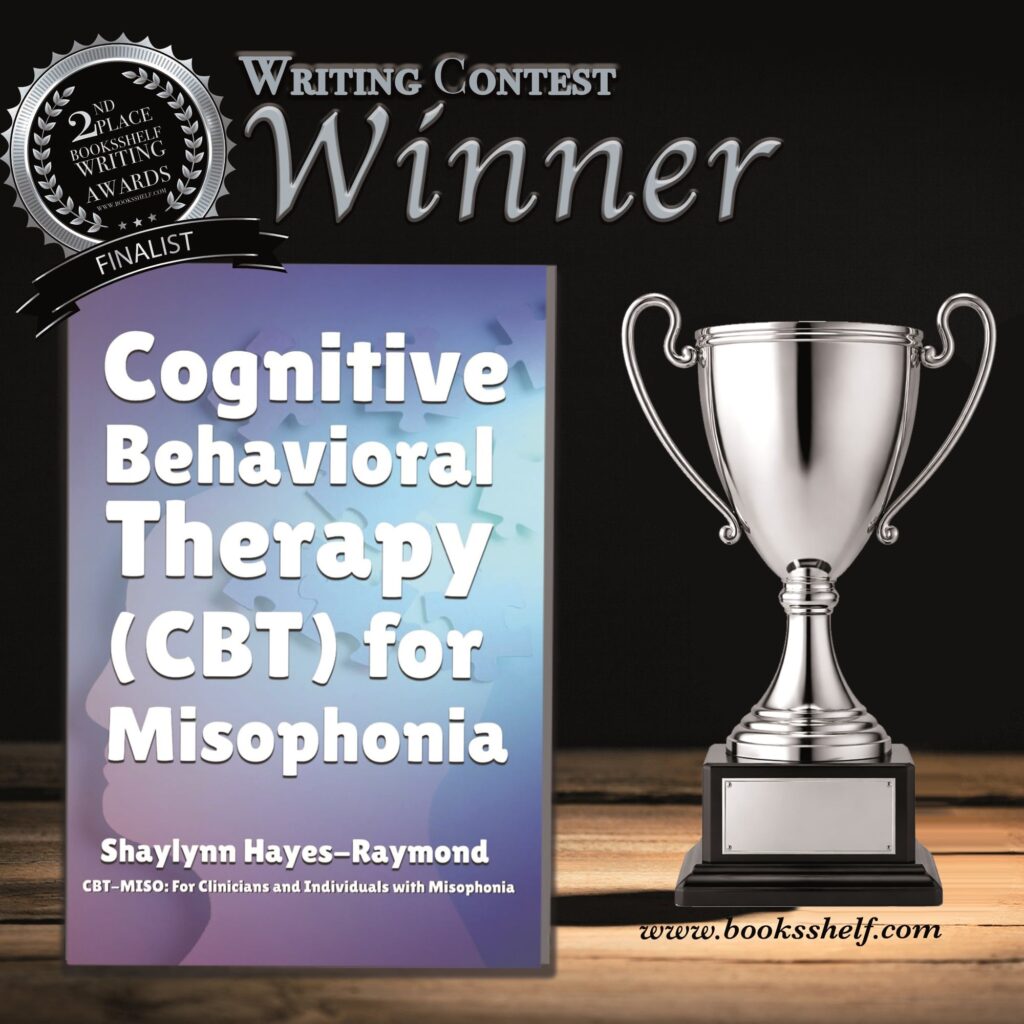
Since misophonia is a lesser-known condition, any parents might feel hopeless upon discovering that their child has misophonia. Unfortunately, there is no official “treatment” or “cure” for misophonia, but this does not mean that parents are in the dark when it comes to their children’s misophonia. While children with sensory needs might have special considerations, they are fully capable of having a happy, healthy, and fun childhood! The following are tips for parents whose children have misophonia.
- Learn All You Can About Misophonia
Resources such as misophoniakids.com can help you learn about your child’s misophonia, and what it means to be the parent of a child with a sensory disorder. Since misophonia is a lesser-known condition, it is important to find accurate information. Reading the literature review on misophonia can provide an overview of current research (//www.frontiersin.org/articles/10.3389/fnins.2018.00036/full). The first step to helping your child with misophonia is to understand that it is not their fault, and that it is not “all in their head”! - Talk to Your Child’s Doctor, even if They Don’t Know What Misophonia Is
While your child’s doctor might not have heard of misophonia – this does not mean that you shouldn’t speak with him or her about your child’s misophonia. Advocacy starts with parents stepping up and taking their child’s needs into consideration. A helpful approach to discussing misophonia with a clinician is to bring a print out (link to doctor’s guide here: //misophoniainternational.com/product/misophonia-guide-doctors/ ) that explains misophonia in a helpful way. Do not be discouraged if your child’s physician has not heard of misophonia – awareness is growing, and by discussing misophonia with your child’s doctor, you are spreading the word! - Discuss Possible Accommodations with Your Child’s School
For your misophonic child, some accommodations could be helpful. Work with your child’s clinician to draft a letter that outlines possible accommodations that could help your child’s learning experience. Samples of these accommodations are: headphones with white noise, the ability to leave class and calm down, stress-balls and other “toys” that help stress management, as well as the ability to test alone. - Make Your Child’s Bedroom a Sensory-Safe Space
Your child will calm down much faster if they have a place that they can go to recover. Sensory information is cumulative, so it is very important to have time to “cool down”. Since your child is not habituating (getting used to) sounds, having a place where they can adjust and go back to a calm feeling is quite important. Sensory tools like weighted blankets (article here: //misophoniainternational.com/weighted-blankets-misophonia), as well as paint colors your child enjoys, stuffed animals, and as much sound-proofing as you’re able to manage, and a white-noise machine, can help your child feel calm in their bedroom, and can lead to less meltdowns. - Try Not to Force Trigger Situations
While some families feel the urge to enjoy “family meals” together, you should consider your child to eat alone if they are triggered by chewing. There are many other family activities such as walks, board games, and television time that can be spent together without forcing the child to endure triggers. - Consider a Multidisciplinary Clinical Approach
A team of audiologists, psychologists, occupational therapists, and other providers might be able to work together to help your child cope with misophonia. You can find providers at misophoniaproviders.com. Different providers provide different levels of support, and by working together, they can come up with a management plan for your child’s sensory disorder.
While misophonia can be hard to deal with, it’s very important that parents remember that while their child is struggling, this does not mean that they cannot enjoy activities. By working around misophonia, children can learn to cope and adapt to the world around them.
Parents looking for more information and help for misophonia can visit www.misophoniakids.com.








